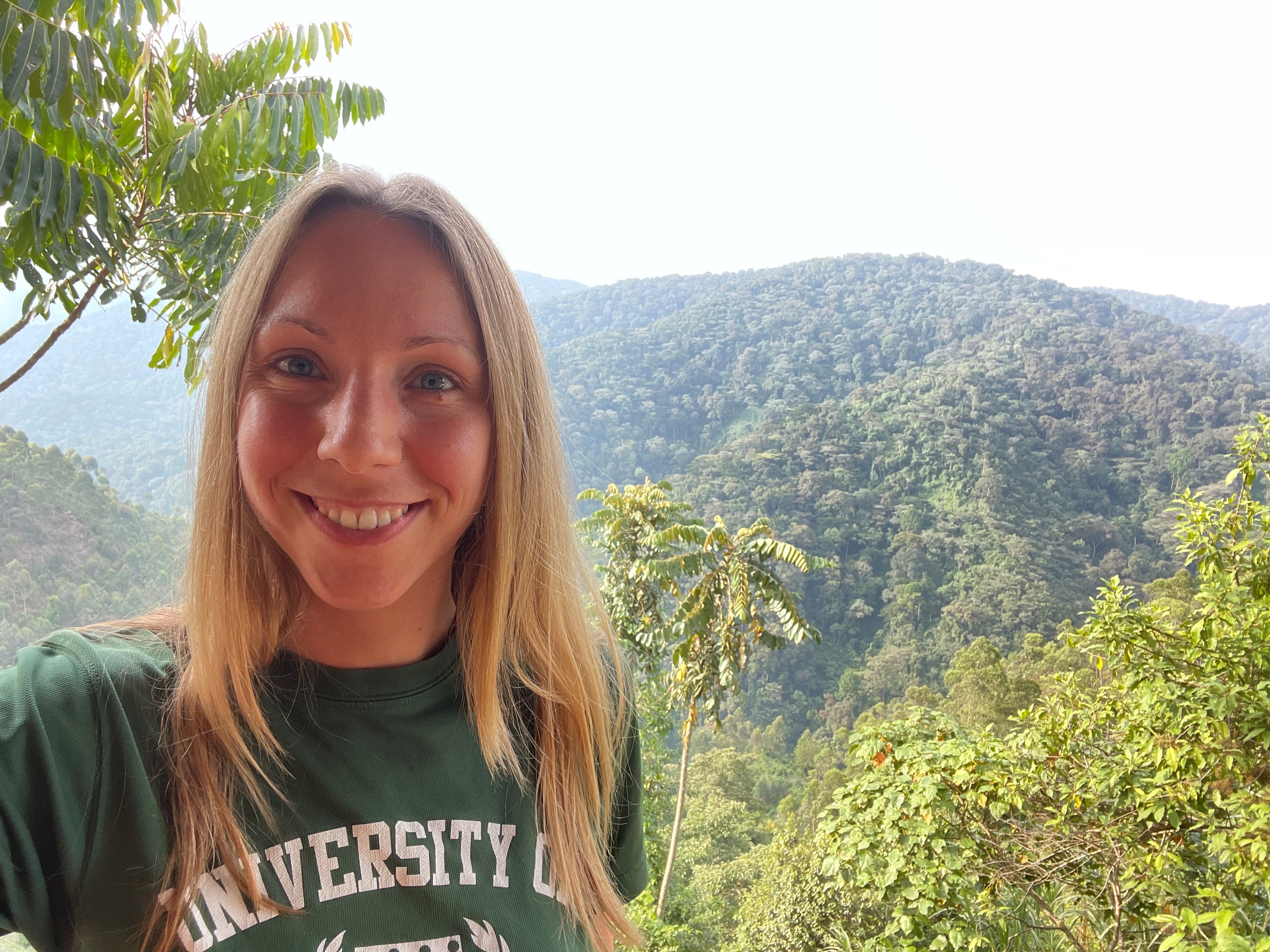
CSHS Racial Equity Training Session 1: Understanding the History of Racism and Legacy that Impacts School Nursing Today
How does structural racism impact school nursing?
This course is part of a four CSHS meeting series discussing racial equity in Massachusetts schools. In this course, school health professionals will learn about the history and legacy of racism in the United States. The learners will gain a foundational understanding of structural racism and will be able to reflect on its impact on students today.
Target Audience
CSHS grantees, school health professionals interested in this learning
Learning Objectives
After completing all four sessions, learners will be able to:
- Apply gained knowledge and skills to recognize the things school nurses may do or not do in their practice that can cause harm to BIPOC students as well as things that may be helpful.
- Have the ability to recognize the impact of racism, structures, and institutions on students.
- Learn strategies and have resources to continue your personal journeys to becoming anti-racist practitioners and assume active roles in their schools/districts promoting racial and health equity for students.
After completing this first session, learners will be able to:
- Explain how historical biases and current structural systems impact BIPOC populations every day.
- Explain how the legacy of "Is Race Biological" has affected medicine and nursing practice.
- Describe how you can, in your school nursing practice, educate others to reverse misconceptions about race, biology and genetics
Agenda
| Title | Time Frame |
|---|---|
| Welcome Message | 15 min |
| Session and Speaker Introductions | 10 min |
| Part 1: Science and Medicine and Society | 30 min |
| Part 1: Discussion | 10 min |
| Break | 5 min |
| Part 2: Legacy of Race in Nursing and Medicine | 20 min |
| Part 2: Discussion | 20 min |
| Wrap Up | 10 min |
Any questions, please email BU SHIELD
Boston University School of Medicine asks all individuals involved in the development and presentation of Accredited Continuing Education activities to disclose all financial relationships with ineligible companies. This information is disclosed to all activity participants prior to the start of the educational activity. Boston University School of Medicine has procedures to mitigate all relevant financial relationships with ineligible companies. In addition, faculty members are asked to disclose when any unapproved use of pharmaceuticals and devices is being discussed.
In accordance with the Standards for Integrity and Independence in Accredited Continuing Education, all relevant financial relationships with ineligible companies that faculty, planners, authors, and anyone who may be in control of content has been mitigated.
No faculty has any financial relationships to disclose.
Faculty
Felicity Crawford, [email protected]
Melisa Osborne, [email protected]
Melisa Osborne, Ph.D. is a research assistant professor in the Graduate Program in Bioinformatics at Boston University. Her current research involves studying the metabolic interactions between environmental microbes and includes project-based mentoring of graduate, undergraduate, and high school students in the microbiology laboratory. She began her career as a biochemist, with a B.A. in Biochemistry and Molecular Biology from the College of Wooster and a doctorate degree in Biochemistry from Brandeis University. After completing her graduate thesis on the single molecule kinetics of bacterial transcription factors in the lab of Jeff Gelles, she expanded her expertise to include in vivo molecular biology and microbiology in the labs of Simon Dove (Boston Children’s Hospital and Harvard Medical School) and Alvaro Sanchez (currently of Yale University). She spent a formative year (2014-2015) as a visiting assistant professor at the College of Wooster teaching chemistry and biochemistry, and her current role at BU includes teaching and advising in the Master’s Program in Bioinformatics. She has been named to the CAS Designing Anti-racist Curricula Fellowship Program at Boston University for the upcoming 2022-2023 academic year.
Theresa Rueger, [email protected]

Dr. Theresa Rueger is a Lecturer (equiv. Assistant Professor) of Tropical Marine Biology at Newcastle University in the UK. Her research concerns the evolution of social and mating systems in coral reef fishes. Originally from Germany, Theresa completed her PhD at James Cook University in Australia and spent two years in Boston as a European Union Marie Curie Fellow before starting her own lab at Newcastle University.
SHIELD Program Manager: Lesly Zapata
Boston University School of Medicine Continuing Nursing Education is accredited with distinction as a provider of nursing continuing professional development by the American Nurses Credentialing Center's Commission on Accreditation.
Boston University School of Medicine designates this live material 2.25 contact hours, none of which are eligible for pharmacology credit.
SHIELD is a DESE-approved provider for PDPs. PDP certificates are issued for programs/series lasting 10 or more hours on a topic. CNE certificates are also issued for eligible courses. Learners may use CNE certificates toward PDPs.
Available Credit
- 2.25 ANCC
- 2.25 Participation

 Facebook
Facebook X
X LinkedIn
LinkedIn Forward
Forward